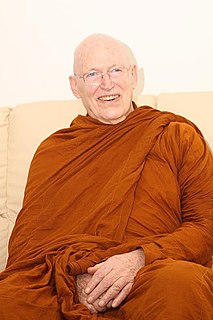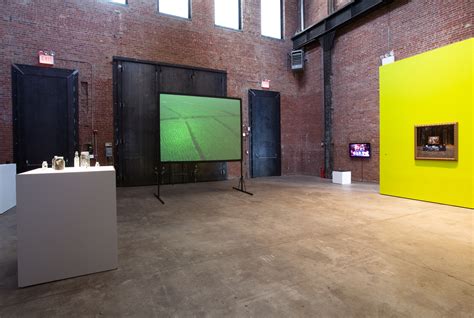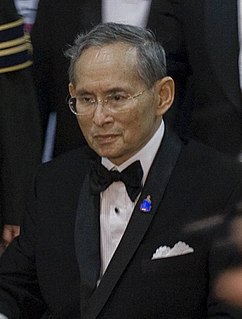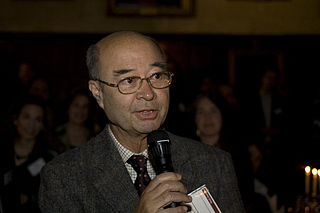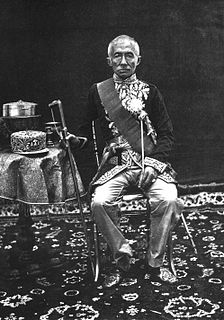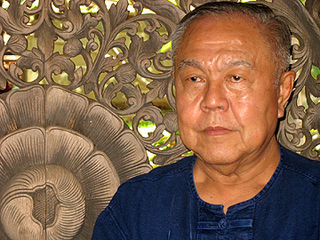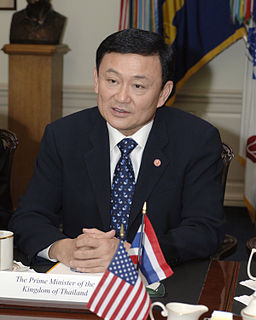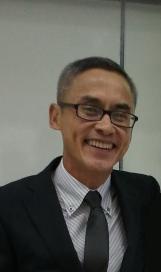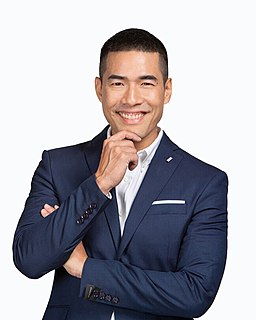A Quote by Ajahn Chah
We have limited time in our life, therefore we should try to teach ourselves, not to teach others. We should conquer ourselves, rather than conquer others. Whether coming or going, standing, sitting or lying down, our mind should be focused in this way. If we practise like this and develop mindfulness continuously, wisdom arises quickly and this is a fast way of practice.
Related Quotes
Practice can be stated very simply. It is moving from a life of hurting myself and others to a life of not hurting myself and others. That seems so simple-except when we substitute for real practice some idea that we should be different or better than we are, or that our lives should be different from the way they are. When we substitute our ideas about what should be (such notions as "I should not be angry or confused or unwilling") for our life as it truly is, then we're off base and our practice is barren.
Don't think that only sitting with the eyes closed is practice. If you do think this way, then quickly change your thinking. Steady practice is keeping mindful in every posture, whether sitting, walking, standing or lying down. When coming out of sitting, don't think that you're coming out of meditation, but that you are only changing postures. If you reflect in this way, you will have peace. Wherever you are, you will have this attitude of practice with you constantly. You will have a steady awareness within yourself.
Just as a mother would protect with her life her own son, her only son, so one should cultivate an unbounded mind towards all beings, and loving-kindness towards all the world. One should cultivate an unbounded mind, above and below and across, without obstruction, without enmity, without rivalry. Standing, or going, or seated, or lying down, as long as one is free from drowsiness, one should practice this mindfulness. This, they say, is the holy state here.
If we don't love ourselves, we would not love others. When someone tell you to love others first, and to love others more than ourselves; it is impossible. If you can't love yourselves, you can't love anybody else. Therefore we must gather up our great power so that we know in what ways we are good, what special abilities we have, what wisdom, what kind of talent we have, and how big our love is. When we can recognize our virtues, we can learn how to love others.
If we start worrying whether our nose is too big or too small, we should think, “What if I had no head? - now that would be a problem!” As long as we have life, we should rejoice. If everything doesn't go exactly as we'd like, we can accept it. If we contemplate impermanence deeply, patience and compassion will arise. We will hold less to the apparent truth of our experience, and the mind will become more flexible. Realizing that one day this body will be buried or burned, we will rejoice in every moment we have rather than make ourselves or others unhappy.
We should fix ourselves firmly in the presence of God by conversing all the time with Him...we should feed our soul with a lofty conception of God and from that derive great joy in being his. We should put life in our faith. We should give ourselves utterly to God in pure abandonment, in temporal and spiritual matters alike, and find contentment in the doing of His will,whether he takes us through sufferings or consolations.
We are not saints yet, but we, too, should beware. Uprightness and virtue do have their rewards, in self-respect and in respect from others, and it is easy to find ourselves aiming for the result rather than the cause. Let us aim for joy, rather than respectability. Let us make fools of ourselves from time to time, and thus see ourselves, for a moment, as the all-wise God sees us.
The misfortune of others is our misfortune. Our happiness is the happiness of others. To see ourselves in others and feel an inner oneness and sense of unity with them represents a fundamental revolution in the way we view and live our lives. Therefore, discriminating against another person is the same as discriminating against oneself. When we hurt another, we are hurting ourselves. And when we respect others, we respect and elevate our own lives as well.
The only way to store information is by agreement. The belief system is like a Book of Law that rules our mind. Our biggest fear is taking the risk to be alive. Humans punish themselves endlessly for not being what they believe they should be. We have the need to be accepted and to be loved by others, but we cannot accept and love ourselves.
We are all the time, from our childhood, trying to lay the blame upon something outside ourselves. We are always standing up to set right other people, and not ourselves. If we are miserable, we say, "Oh, the world is a devil's world." We curse others and say, "What infatuated fools!" But why should we be in such a world, if we really are so good? If this is a devil's world, we must be devils also; why else should we be here? "Oh, the people of the world are so selfish!" True enough; but why should we be found in that company, if we be better? Just think of that.
















